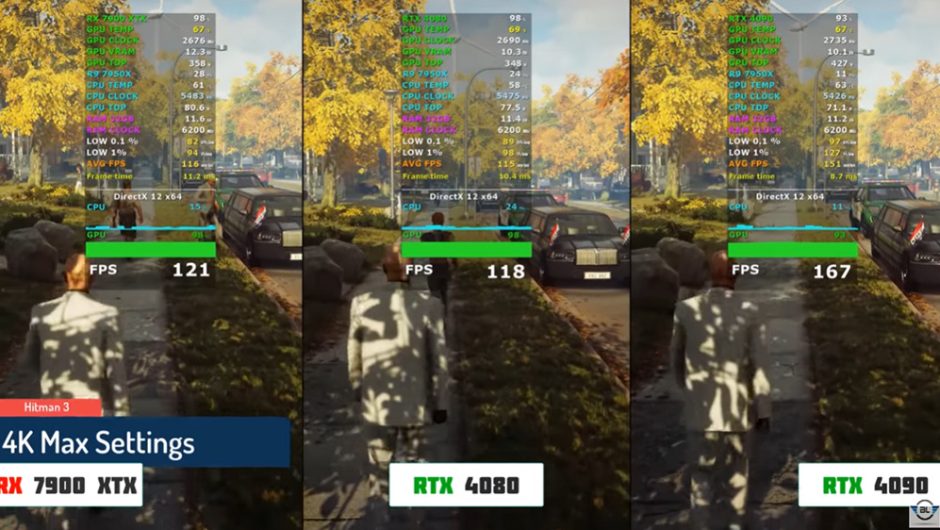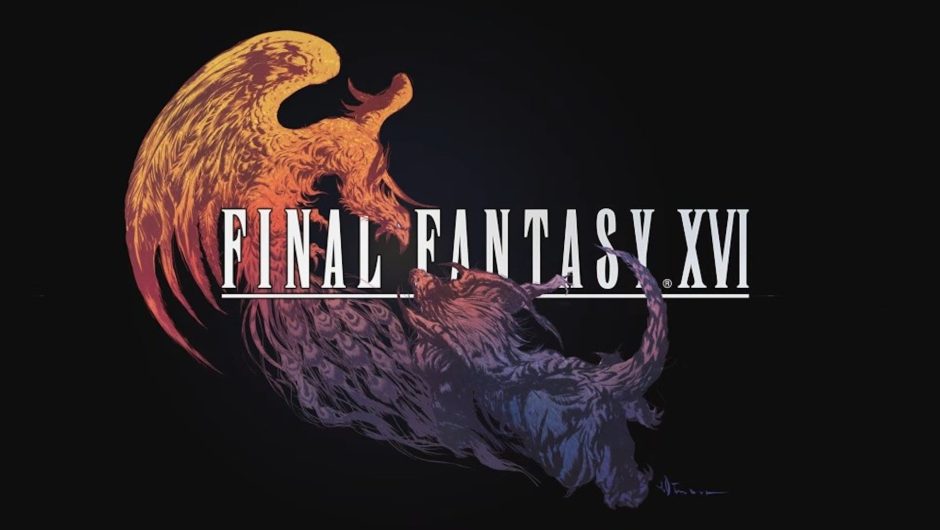The Last of Us 2 has taken care of every detail – even the most attentive might notice the details that heralded what would happen next in the game.
The Last of Us Part II is a masterpiece. Naughty Dog developed the game to almost perfection, and had it not been for a few inaccuracies in the script, it would have been – for me – a game of the generation.
It turns out that the people responsible for the story paid attention to a more important element – the ultimatum. This phenomenon, with the help of objects or the behavior of the heroes, heralds what will happen later in the story. It’s hard to notice the aforementioned thing during the first try, when we’re just enjoying the game and don’t pay much attention to details.
A YouTuber under the pseudonym Speclizer came to the rescue. The author of the material I published below presented in his film ten phenomena in The Last of Us series that heralded the events that would take place on the screen in the future.
The material contains a lot of spoilers, so I encourage you to watch it only for people who already have Ellie’s first and second adventures behind them.
Source: https://www.gamesradar.com/the-last-of-us-2-fan-spots-some-intricate-foreshadowing/







